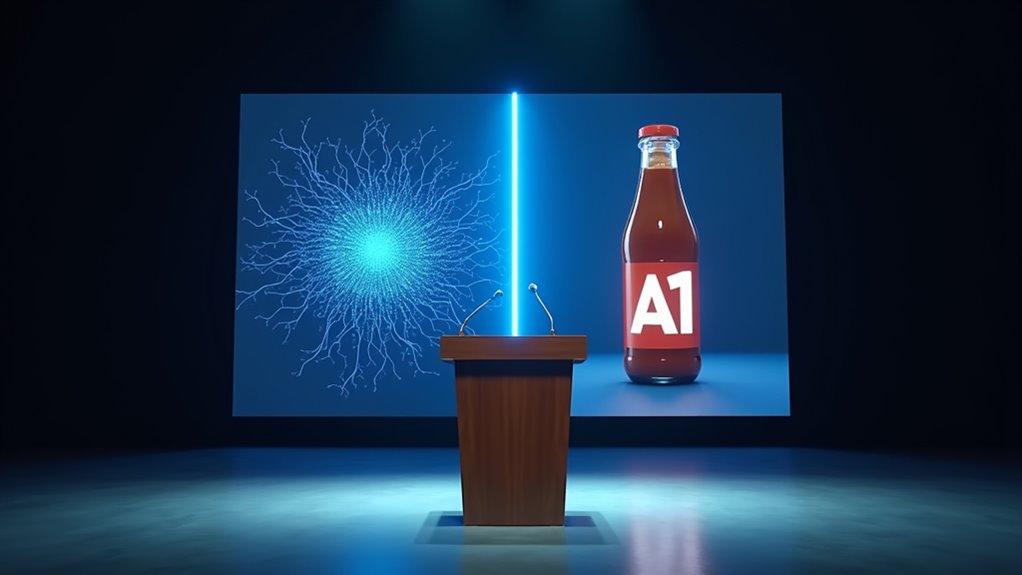Innovation takes center stage at Yeshiva University with its groundbreaking 36-credit MS in Artificial Intelligence program. Located in the heart of New York City – where AI jobs are apparently growing on trees – this program is turning heads with its fresh approach to artificial intelligence education.
Students aren’t just buried in textbooks; they’re getting their hands dirty with Python, R, and enough coding tools to make a tech geek swoon. Students also have access to specialized research projects, including groundbreaking work on financial cyclone impacts. Led by student Ruixin Chen and Dr. David Li, the program has pioneered adaptive deep learning that updates without requiring constant retraining. While current AI systems excel at specific tasks like chess or image recognition, this program aims to push beyond narrow AI limitations to develop more versatile solutions.
Forget dusty theory – these students dive deep into real coding, armed with Python, R, and a full arsenal of cutting-edge tools.
But here’s where things get really interesting. The university has developed an AI model that’s seriously showing off. Unlike your typical AI that needs constant hand-holding and retraining, this one learns on the fly – kind of like how humans do, minus the coffee breaks. It’s particularly clever when it comes to adapting to real-world changes, like shifting patterns in infectious diseases. No reboots required.
The program isn’t playing around when it comes to practical experience. Students engage with both structured and unstructured data, wielding tools like TensorFlow, Keras, and PyTorch. It’s like giving them a swiss army knife of AI tools, except these tools can potentially predict market trends or revolutionize healthcare.
The interdisciplinary approach means students aren’t just AI specialists – they’re becoming well-rounded tech wizards.
Yeshiva isn’t going it alone, either. They’ve partnered up with IIIT Bangalore and various industry leaders, creating a network that’s as impressive as it is practical.
The faculty? They’re not just teachers – they’re veterans in AI, machine learning, and data science. Real deals, not just theoretical pontificators.
The results speak for themselves. Graduates are landing spots in research and development, product design labs, and startups. Some are even heading off to Ph.D. programs, because apparently, 36 credits of AI isn’t enough for these overachievers.
With the program’s focus on continuous learning and adaptation – mirroring their own AI model’s capabilities – these students are ready for whatever the tech world throws at them. No wonder New York’s tech scene is watching.







